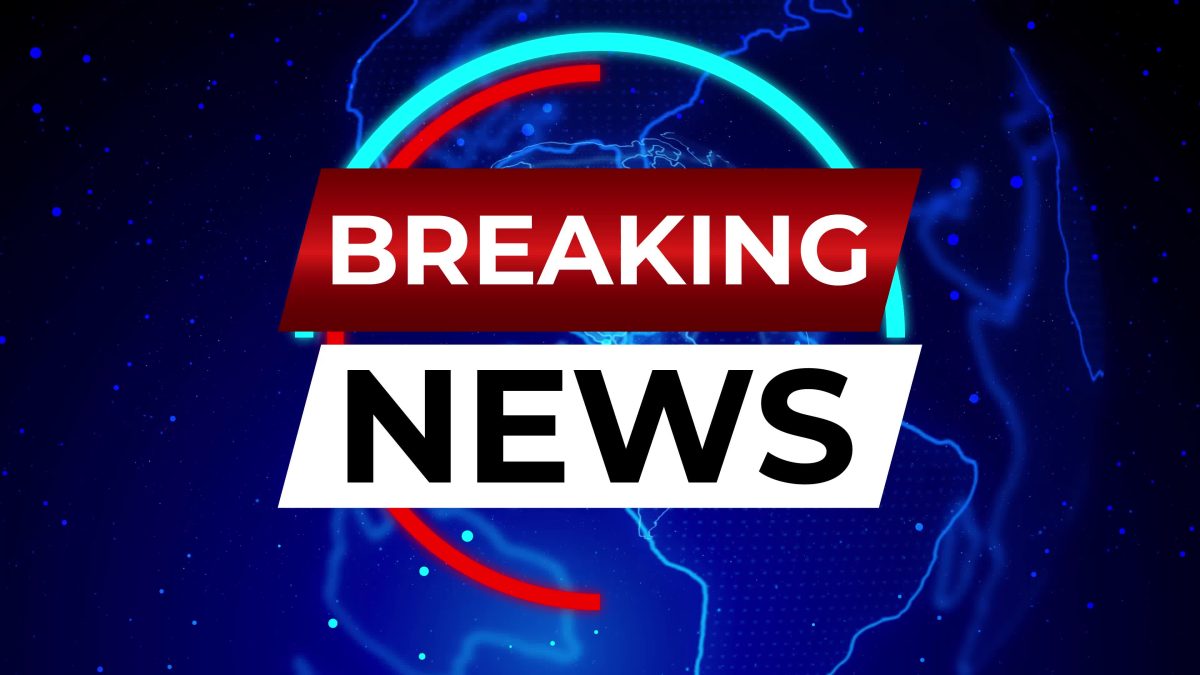Senior advocate Kapil Sibal, appearing for the petitioners challenging removal of Article 370, told a Constitution Bench that even an elected Legislative Assembly in J&K has no powers to abrogate Article 370. He argued that after the “Constituent Assembly” was dissolved in 1950s, Article 370 ceased to exist as a temporary article and became a permanent one.
Five-Judge Constitution Bench comprising CJI hearing pleas
A five-judge Constitution Bench comprising Chief Justice of India (CJI) DY Chandrachud and Justices Sanjay Kishan Kaul, Sanjiv Khanna, BR Gavai and Surya Kant is hearing the pleas on a day-to-day basis except Mondays and Fridays. “If you want to abrogate 370, you have to get the recommendation of the Constituent Assembly,” Sibal said. “So long as it exists,” CJI Chandrachud noted. “This is the point. Constituent Assembly has served its term once it has framed Constitution,” Sibal said.
“In which case, 370 which is a transitional provision, assumes the character of permanent provision? By virtue of the fact that there is no Constituent Assembly?,” CJI asked. When asked by Justice Kaul that if the clause 3 of the Article 370 became redundant after 1957, Sibal replied,”Constituent Assembly even in the context of the Constitution of India is redundant”.
Sibal’s arguments
“So if Article 370(3) goes then that means that Article 370 can never be abrogated,” Justice Surya Kant asked. “Yes! That’s the whole point. That’s our case,” Sibal replied. “So if an elected assembly wants to abrogate article 370 then also it is not possible?” Justice Kaul asked, to which Sibal responded, “Not possible!”.
Several petitions challenging the abrogation of the provisions of Article 370 and the Jammu and Kashmir Reorg.sation Act, 2019, which split the erstwhile state into two union territories – Jammu and Kashmir, and Ladakh- were referred to a Constitution bench in 2019. The oral arguments of the petitioners are expected to require approximately 60 hours to conclude.
Over 20 petitions pending before the SC challenging abrogation of article 370
Over 20 petitions are pending before the Supreme Court challenging the Centre’s 2019 decision to abrogate Article 370 of the Constitution. Last month, the SC bench decided to devote all Tuesdays, Wednesdays, and Thursdays to the case till the hearing is complete.
Consequently, Article 370 was incorporated into the Constitution. This article granted special status to J&K. This article limited the legislative power of the Parliament except for those related to defence, foreign affairs, and communications. Besides, Article 370(3) prevented the Indian parliament from amending Article 370 without the concurrence of the J&K Constituent Assembly. In 1957, J&K’s state constituent assembly was dissolved.
August 5, 2019- Article 370 Abrogated
And in August 2019, the PM Narendra Modi-led BJP government revocated J&K’s special status in two- steps. The government argued Article 370 needed to be scrapped to integrate Kashmir and put it on the same footing as the rest of India. With the abrogation of Article 370, all Indian laws were automatically applicable to Kashmiris. It allowed people from outside the state to buy property there.
(To receive our E-paper on WhatsApp daily, please click here. To receive it on Telegram, please click here. We permit sharing of the paper’s PDF on WhatsApp and other social media platforms.)
